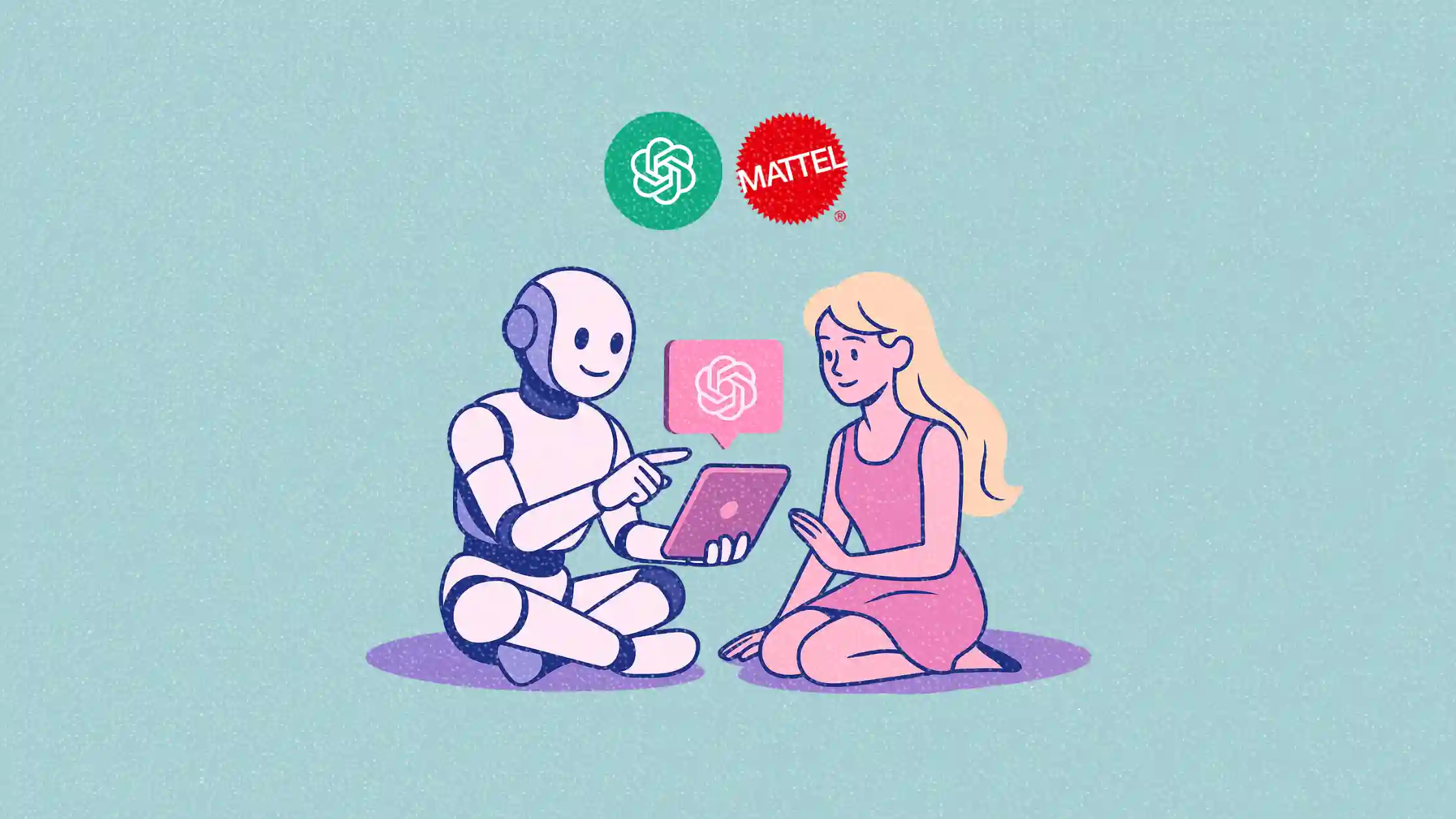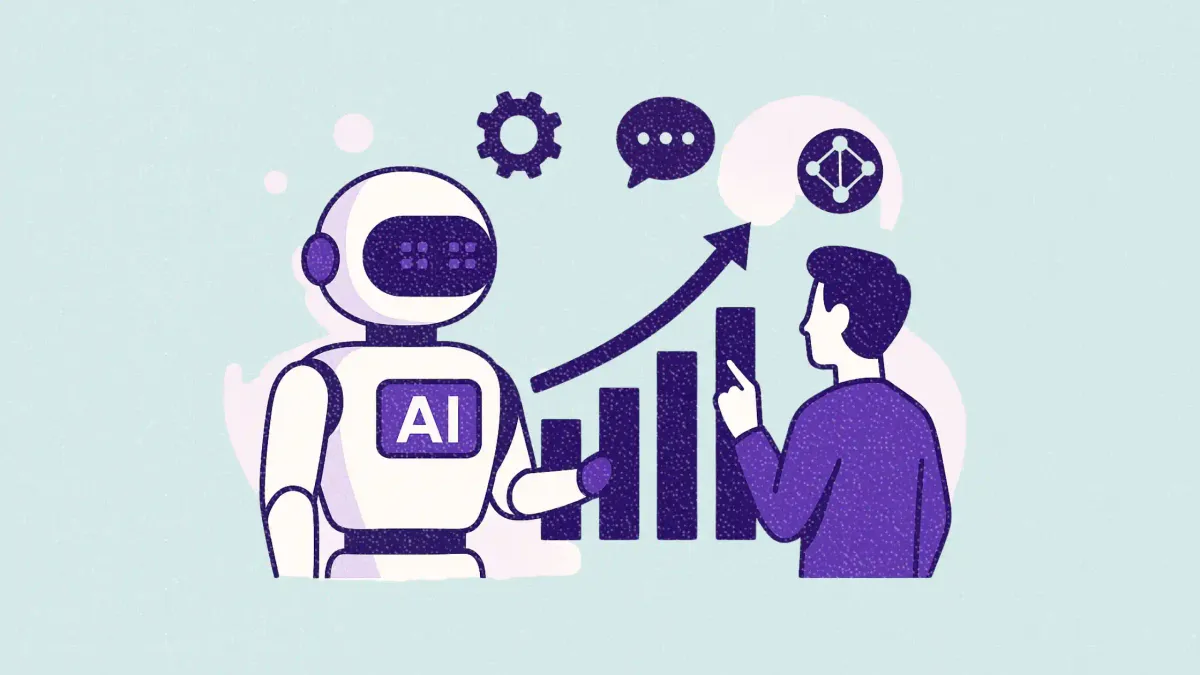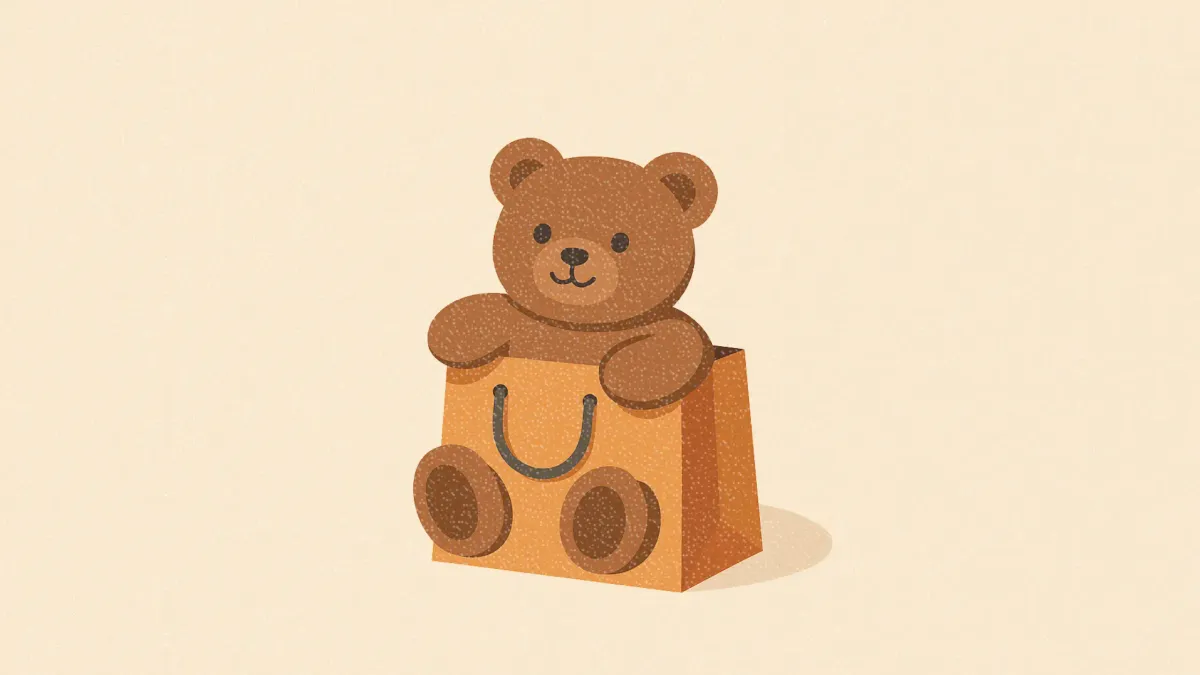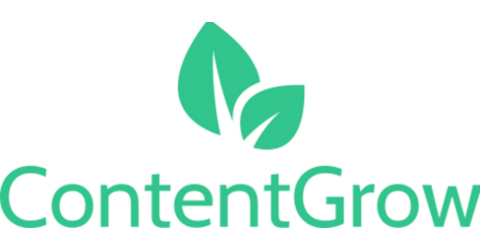Mattel is turning playtime into prompt time with OpenAI partnership
Mattel wants to make toys smarter with ChatGPT. Here’s what it signals for marketers working with legacy brands.

Toymaker Mattel has just partnered with OpenAI to integrate artificial intelligence into its iconic product lines, using tools like ChatGPT Enterprise to fuel a new generation of AI-powered play.
As brands across sectors scramble to define their AI strategies, Mattel is positioning itself as a first mover in the toy industry by blending digital intelligence with physical play. The partnership is more than a tech upgrade—it’s a strategic play to modernize brand engagement, enhance creativity, and make classic franchises relevant for the next generation of digital-native kids.
This article explores what the partnership entails, what it signals about AI’s role in consumer product innovation, and why marketers should pay attention.
Short on time?
Here is a table of content for quick access:
- What’s happening with Mattel and OpenAI
- AI in toys? Here’s why this matters for marketers
- What marketers should watch next

What's happening with Mattel and OpenAI
Mattel says the OpenAI collaboration will touch three main areas:
- Product development: AI will be used behind the scenes to help ideate, test, and refine new toys faster.
- Interactive experiences: Age-appropriate tools powered by ChatGPT could help make characters like Barbie or Hot Wheels feel conversational and responsive.
- Internal adoption: The company is also deploying ChatGPT Enterprise to boost employee productivity and creativity across departments.
The companies have committed to building with “safety, privacy, and security” as core principles—likely a nod to regulatory scrutiny and parental concerns about kids interacting with AI. Their first joint product is expected to debut later this year.

AI in toys? Here's why this matters for marketers
Mattel’s move isn’t just a gimmick—it’s a glimpse into how legacy brands can modernize their identity through AI. For marketers, this raises several strategic implications:
- Brand storytelling just got smarter
Mattel is aiming to create dynamic, conversational experiences that expand its brand universe. Imagine a Barbie that can chat about career aspirations or a Thomas the Tank Engine that tells original bedtime stories. This could open new formats for brand storytelling and user engagement beyond static toys or media tie-ins.
- First-mover advantage in a regulated space
By aligning early with OpenAI and focusing on safety and privacy, Mattel may influence future guardrails for AI in children’s products. Brands operating in sensitive categories—health, education, finance—should take note of how early partnerships can help shape the conversation.
- AI as a tool for internal brand reinvention
Beyond the consumer-facing outputs, Mattel’s adoption of ChatGPT Enterprise signals a wider trend: AI isn’t just for customer service bots—it’s increasingly embedded into product ideation and creative workflows. Marketers should push for similar internal uses to accelerate campaign development and cross-functional brainstorming.
What marketers should watch next
If this model works for Mattel, expect other lifestyle and entertainment brands to follow suit. Marketers should explore how their IPs can live beyond passive content.
Legacy companies partnering with AI leaders could also become a new norm. Look for more co-branded innovation pipelines where OpenAI, Anthropic, or Meta become behind-the-scenes collaborators.
With digital-native Gen Alpha rising, brands need to rethink how they build relationships from a young age. Interactive, responsive play might become table stakes.





